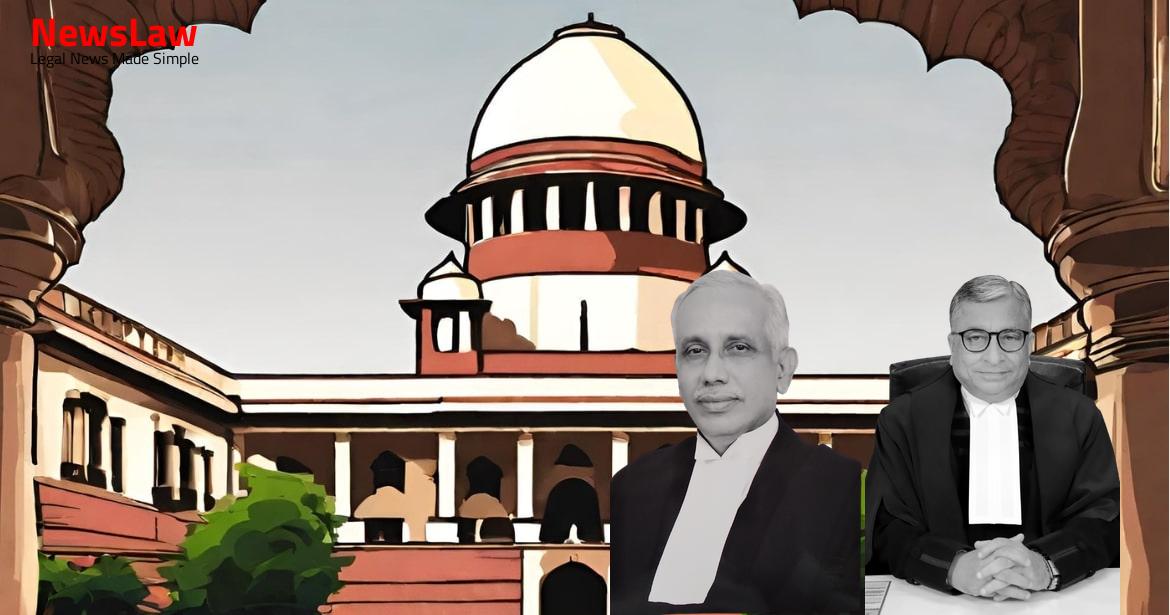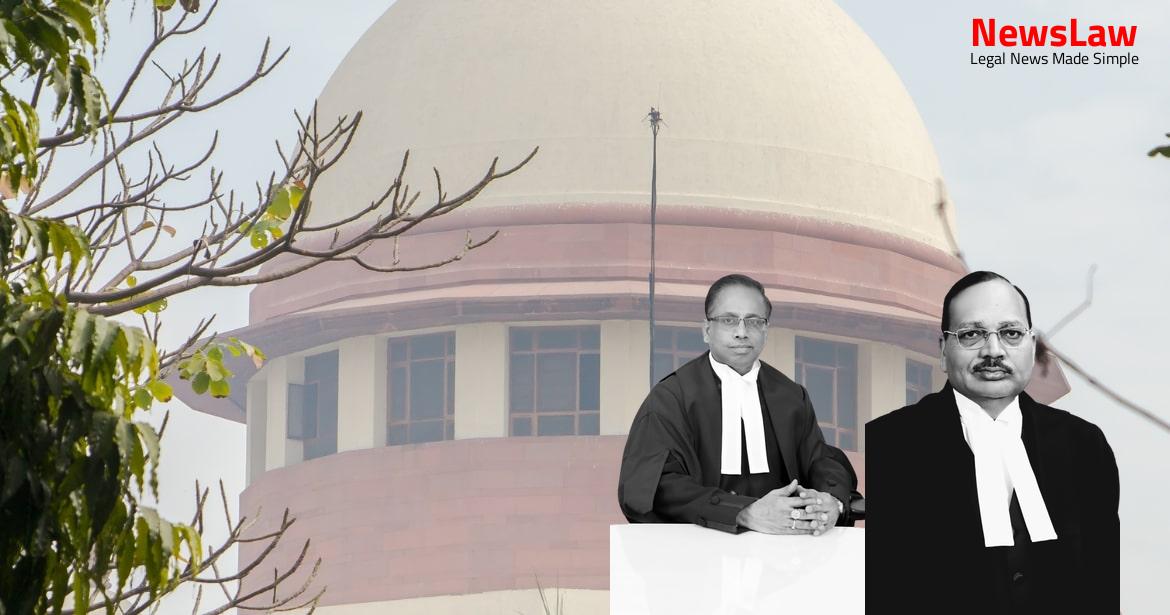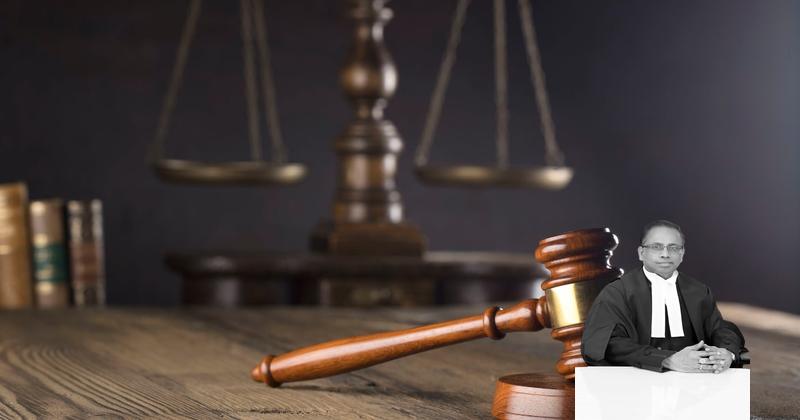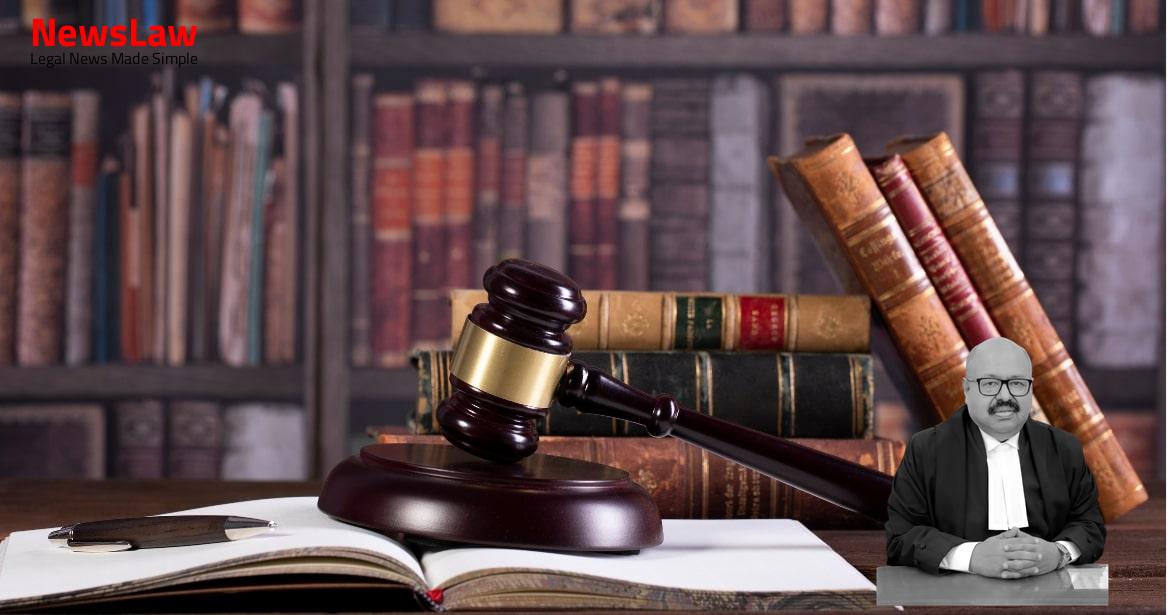Delving into the complexities of legal proceedings, a recent case involving a land sale agreement appeal has brought attention to the Court’s nuanced analysis of allowing additional evidence. The Court’s interpretation of Order 41 Rule 27 of CPC has significant implications for how appellate proceedings are conducted. Let’s explore the legal intricacies and the impact of this decision in the realm of legal jurisprudence.
Facts
- Notice was served on the respondent/defendant but no one entered appearance on his behalf.
- The appellant filed an appeal before the High Court of Chhattisgarh challenging the judgment of the Trial Court.
- During the appeal, the plaintiff filed an application under Order 41 Rule 27 of CPC for additional evidence.
- The Trial Court dismissed the suit after considering the materials on record.
- The plaintiff, as the appellant, has challenged the legality and correctness of the High Court’s judgment in this appeal.
- The suit was filed by the plaintiff for specific performance of the Agreement dated 26.08.2015 for the sale of property in Village Jagtara, Patwari Halka No.22, Balode.
- The suit proceeded ex-parte with the plaintiff being the appellant and the respondent being the defendant.
- The High Court dismissed the appeal without considering the application
- The impugned judgment was not taken into account during the dismissal
Also Read: Legal Analysis in Compensation Appeal Case
Arguments
- The High Court dismissed the first appeal of the plaintiff without deciding the application filed under Order XLI Rule 27 of the CPC for permission to adduce additional evidence.
- Learned Counsel for the appellant-plaintiff argues that the appellant has a strong case on merits.
Also Read: Disclosure of Material Facts in Legal Proceedings
Analysis
- The First Appellate court is the final court of facts and evidence.
- Granting or refusing the opportunity for additional evidence lies at the discretion of the appellate court.
- The court should allow production of additional evidence if the explanation is satisfactory and the documents are crucial to the case.
- Normally, the Appellate Court should not go beyond the lower court’s record.
- Section 107 of the CPC provides an exception, allowing the Appellate Court to consider additional evidence under specific conditions.
- This exception is governed by Order 41 Rule 27 of the CPC.
- 1.1
Also Read: Analysis of Legitimate Expectation in Public Law
Decision
- The appeal is successful and partially allowed.
- No costs are awarded.
- The High Court’s judgment being challenged is overturned.
- Any pending applications are considered disposed of.
- The case is remitted back to the High Court for fresh disposal in accordance with the law.
Case Title: SATISH CHAND SURANA Vs. RAJ KUMAR MESHRAM (2021 INSC 829)
Case Number: C.A. No.-007446-007446 / 2021



